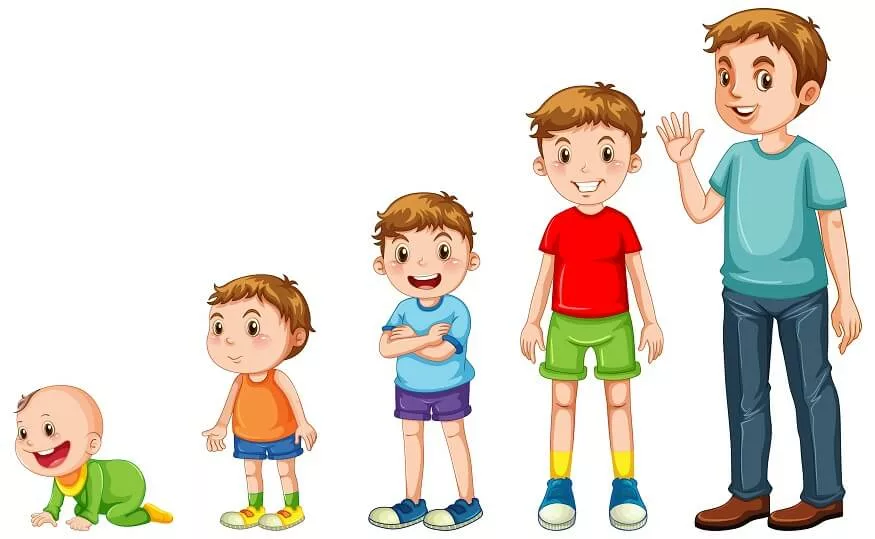Childhood is a wondrous journey marked by growth, discovery, and transformation. From the tender moments of infancy to the exhilarating milestones of adolescence, each stage of childhood development unfolds with its own unique joys and challenges. Understanding these stages is essential for parents, caregivers, and educators as they support children in reaching their full potential. Let’s explore the five stages of childhood development:
1. Infancy
Infancy is a time of remarkable growth and exploration. From the moment they are born, infants are rapidly developing physically, cognitively, and emotionally. During this stage, infants rely on their senses to make sense of the world around them. They learn to bond with caregivers, develop trust, and explore their surroundings through sensory experiences. Milestones such as smiling, babbling, rolling over, and eventually taking their first steps mark the progression of infancy. It’s a time of immense wonder and discovery for both infants and their caregivers.
2. Early Childhood
Early childhood is a period of rapid development characterized by increasing independence and self-awareness. Preschoolers are eager to explore the world around them, fueled by boundless curiosity and imagination. They begin to develop language skills, socialize with peers, and gain a sense of autonomy through activities such as dressing themselves and making choices. Early childhood is also a critical time for cognitive development, as children learn to think symbolically, solve problems, and develop foundational literacy and numeracy skills. Play serves as the primary vehicle for learning and self-expression during this stage.
3. Middle Childhood
Middle childhood, sometimes referred to as the “school-age” years, is a time of significant cognitive, social, and emotional growth. Children become more adept at reasoning, problem-solving, and understanding abstract concepts. They develop friendships, navigate social hierarchies, and explore their interests and talents through extracurricular activities and hobbies. Academically, children make strides in reading, writing, mathematics, and critical thinking skills. Middle childhood is also a time of moral development, as children begin to internalize societal values and develop a sense of empathy and responsibility towards others.
4. Adolescence
Adolescence marks the transition from childhood to adulthood, characterized by rapid physical, emotional, and social changes. Adolescents undergo significant hormonal changes that spur physical growth, sexual maturation, and brain development. They grapple with issues of identity, autonomy, and peer pressure as they strive to establish their sense of self and navigate increasingly complex social dynamics. Adolescents may experience mood swings, heightened self-consciousness, and a desire for independence as they seek to carve out their place in the world. It’s a tumultuous yet transformative stage marked by both challenges and opportunities for growth and self-discovery.
5. Late Adolescence and Emerging Adulthood
Late adolescence and emerging adulthood represent a period of transition and exploration as young people prepare to assume adult roles and responsibilities. They may pursue higher education, enter the workforce, or embark on independent living arrangements. This stage is characterized by increasing autonomy, self-reliance, and decision-making skills as individuals transition from dependency on caregivers to self-sufficiency. Late adolescence and emerging adulthood are also marked by exploration of identity, values, and career aspirations as young people embark on the journey of forging their own path in the world.
Conclusion: Nurturing Growth at Every Stage
The journey of parenthood is a remarkable adventure filled with moments of wonder, joy, and profound growth. As we’ve explored the five stages of childhood development, it becomes evident that each phase brings its own set of challenges and rewards, shaping the unique experiences of both parents and children. first time parent classes play a pivotal role in equipping parents with the knowledge, skills, and support needed to navigate the complexities of childhood development with confidence and grace. From understanding the nuances of infant care to navigating the tumultuous terrain of adolescence, these classes provide a roadmap for parents to nurture their child’s physical, cognitive, and emotional well-being at every stage.


